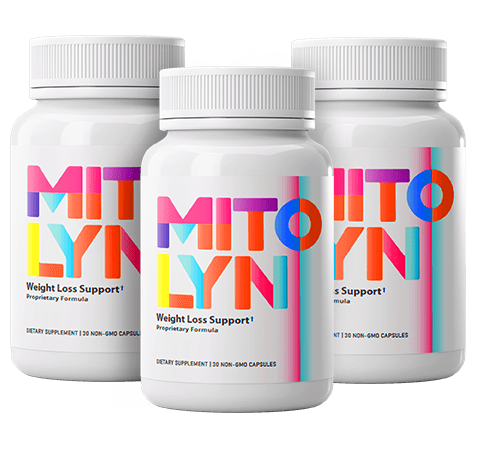In today’s fast-paced world, it can be challenging to maintain healthy eating habits. With so many temptations around us, it’s easy to fall into the trap of convenience foods and unhealthy snacks. However, with a little bit of planning and dedication, you can create a nutritious eating plan that will help you feel your best and maintain a healthy lifestyle. In this article, we will discuss 9 crucial tips for maintaining healthy eating habits, providing you with a guide to nutritious living.
1. Plan Ahead
One of the most important things you can do to maintain healthy eating habits is to plan ahead. Take some time each week to plan out your meals and snacks, so you know exactly what you will be eating. This will help you avoid last-minute decisions that could lead to unhealthy choices. Make a grocery list and stick to it when you go shopping to ensure you have all the ingredients you need for your healthy meals.
2. Eat a Variety of Foods
Eating a variety of foods is key to getting all the nutrients your body needs to function properly. Make sure to include a mix of fruits, vegetables, whole grains, lean proteins, and healthy fats in your diet. This will help you get a wide range of vitamins and minerals that are essential for good health. Try to eat foods of different colors to ensure you are getting a diverse array of nutrients.
3. Watch Your Portion Sizes
Portion control is important when it comes to maintaining healthy eating habits. Even healthy foods can be high in calories, so it’s important to pay attention to how much you are eating. Use measuring cups and spoons to portion out your food, and try to avoid eating straight from the container. Eating slowly and paying attention to your hunger cues can also help you avoid overeating.
4. Stay Hydrated
Drinking enough water is essential for good health and can help you maintain healthy eating habits. Sometimes, feelings of hunger are actually just signs of dehydration, so make sure to drink plenty of water throughout the day. Aim for at least 8 glasses of water a day, and more if you are exercising or in a hot climate. Avoid sugary drinks like soda and juice, as they can add unnecessary calories to your diet.
5. Limit Processed Foods
Processed foods are often high in added sugars, unhealthy fats, and preservatives, making them less nutritious than whole foods. Try to limit your intake of processed foods like sugary snacks, fast food, and frozen meals. Instead, opt for whole foods like fruits, vegetables, whole grains, and lean proteins. These foods are packed with nutrients and will help you feel your best.
6. Cook at Home
Cooking at home allows you to control what goes into your meals and can help you make healthier choices. Try to cook as many of your meals at home as possible, using fresh ingredients and healthy cooking methods like grilling, baking, and steaming. Experiment with new recipes and flavors to keep things interesting and prevent boredom with your healthy eating plan.
7. Listen to Your Body
It’s important to listen to your body’s hunger and fullness cues when it comes to maintaining healthy eating habits. Eat when you are hungry and stop when you are satisfied, rather than eating until you are uncomfortably full. Pay attention to how different foods make you feel and adjust your diet accordingly. If a certain food makes you feel bloated or sluggish, try to limit your intake of it.
8. Practice Mindful Eating
Mindful eating involves paying attention to your food and savoring each bite, rather than mindlessly eating in front of the TV or computer. Take the time to sit down and enjoy your meals, focusing on the flavors and textures of the food. This can help you eat more slowly, which can lead to better digestion and a greater sense of satisfaction. Mindful eating can also help you tune in to your body’s hunger and fullness signals.
9. Stay Consistent
Consistency is key when it comes to maintaining healthy eating habits. It’s important to stick to your healthy eating plan most of the time, but also allow yourself to indulge occasionally. Remember that one unhealthy meal or snack won’t derail your progress, so don’t beat yourself up over minor slip-ups. The key is to get back on track as soon as possible and continue making healthy choices moving forward.
In conclusion, maintaining healthy eating habits is essential for overall health and well-being. By following these 9 crucial tips, you can create a nutritious eating plan that will help you feel your best and maintain a healthy lifestyle. Remember to plan ahead, eat a variety of foods, watch your portion sizes, stay hydrated, limit processed foods, cook at home, listen to your body, practice mindful eating, and stay consistent. With a little bit of effort and dedication, you can achieve your health goals and enjoy a vibrant, energetic life.










